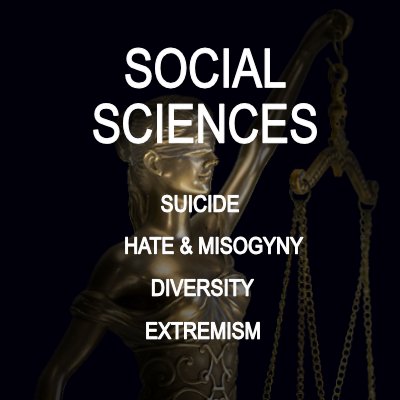By Mary E. Richmond
Mary E. Richmond's "Social Diagnosis," published in 1917, is a seminal work that laid the foundation for the scientific methodology of social casework. Richmond's pioneering approach emphasized the importance of understanding the interaction between individuals and their environments, providing a structured framework for diagnosing and addressing social issues. Despite its groundbreaking contributions, "Social Diagnosis" has faced criticisms over the years. Modern social workers have developed various strategies to address these criticisms, ensuring that the principles of social work continue to evolve and remain relevant.
Richmond's work emerged during a period when social work was transitioning from charitable activities to a more structured profession. Her book provided a scientific basis for social casework, which was essential for the professionalization of social work. Richmond introduced the concept of social diagnosis, involving a detailed analysis of an individual's situation and personality in relation to their social environment. She identified six sources of power available to clients and social workers: within the household, the person of the client, the neighborhood and wider social network, civil agencies, and private and public agencies.
While highly regarded, "Social Diagnosis" has faced several criticisms. Critics argue that Richmond's focus on individual diagnosis and personal responsibility can overshadow broader social and structural factors contributing to social issues. Given the time period in which Richmond wrote, her work has been critiqued for lacking cultural sensitivity and failing to adequately address the diverse cultural backgrounds of clients. Richmond's methodology primarily focuses on casework and individual interventions, which can be limiting as it does not fully address the need for broader community and policy-level interventions. Some aspects of "Social Diagnosis" are considered outdated by contemporary standards, as the field of social work has evolved significantly since Richmond's time. While groundbreaking, some critics have pointed out that Richmond's methods lacked the rigorous empirical validation expected in modern social science research.
Modern Adaptations in Social Work. Modern social workers have developed various strategies. They adopt holistic and ecological approaches, considering the complex interplay between individuals and their environments. This framework recognizes the impact of social, economic, and cultural factors on clients' lives. Social work education and practice now place a strong emphasis on cultural competence. Social workers are trained to understand and respect the diverse cultural backgrounds of their clients, ensuring that interventions are culturally sensitive and appropriate. In addition to individual casework, modern social workers engage in macro-level interventions, including community organizing, policy advocacy, and systemic change efforts aimed at addressing broader social issues and inequalities. To enhance scientific rigor, social workers increasingly rely on evidence-based practice. This approach involves using research and empirical data to inform interventions, ensuring that they are effective and grounded in scientific evidence. Examples of evidence-based practice include Cognitive Behavioral Therapy (CBT) for mental health issues, Motivational Interviewing for substance abuse treatment, and Trauma-Focused Cognitive Behavioral Therapy (TF-CBT) for children and adolescents[1][2][3]. Modern social work often involves interdisciplinary collaboration. Social workers work alongside professionals from other fields, such as healthcare, education, and law, to provide comprehensive support to clients. This collaborative approach helps address the multifaceted nature of social issues. Ongoing professional development is crucial in modern social work. Social workers are encouraged to engage in lifelong learning, staying updated with the latest research, theories, and best practices. This commitment to professional growth helps them address emerging challenges and improve their practice.
Conclusion: Mary E. Richmond's "Social Diagnosis" remains a cornerstone in the field of social work, continuing to influence practice, education, and research. While it has faced criticisms, modern social workers have developed strategies to address these limitations, ensuring that the principles of social work evolve and remain relevant. By incorporating holistic approaches, cultural competence, macro-level interventions, evidence-based practice, interdisciplinary collaboration, and continual professional development, social workers build on Richmond's foundational work while adapting to contemporary social challenges.














